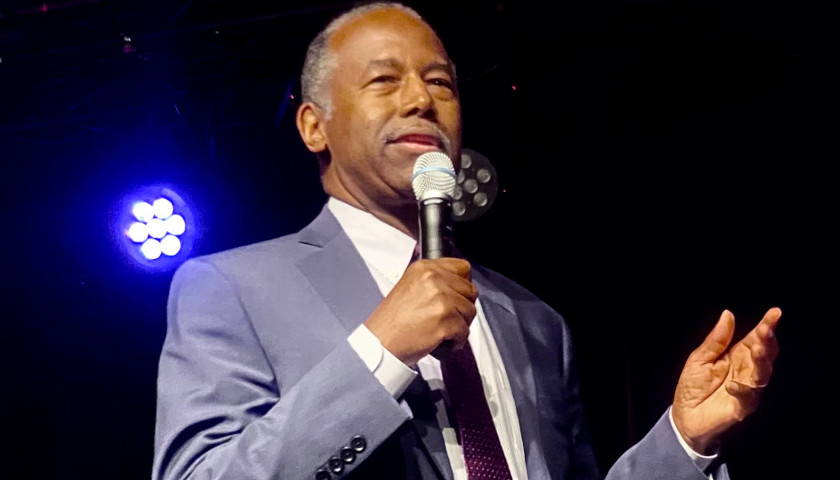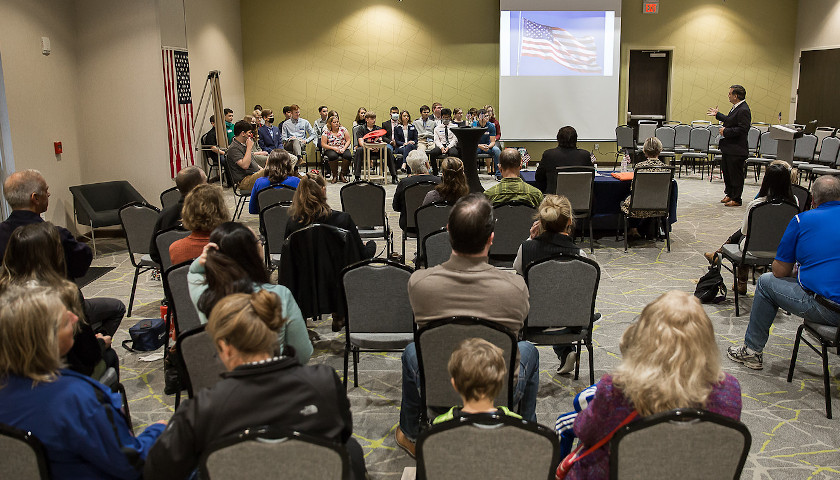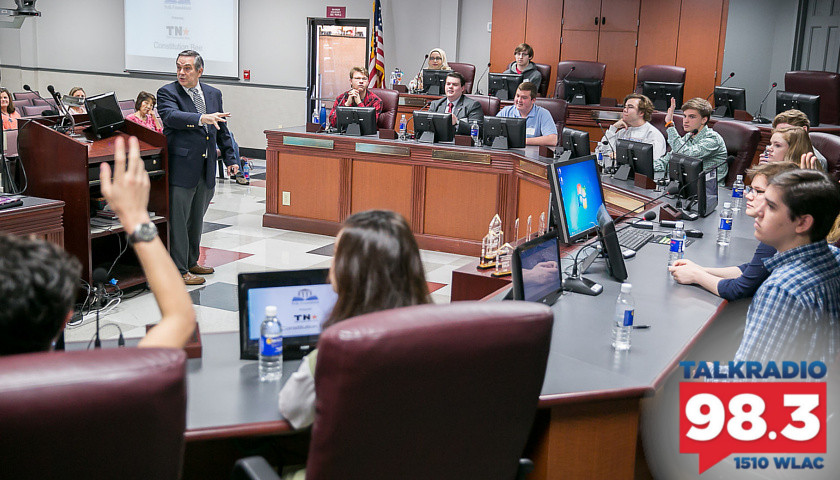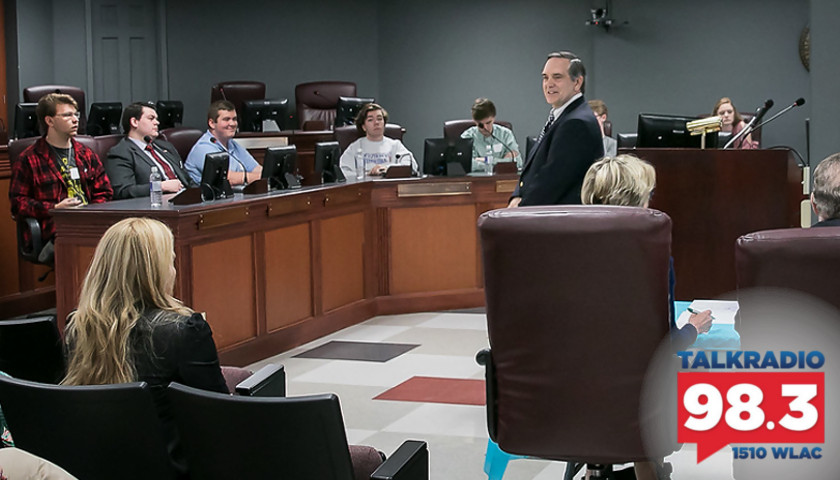Members of the Williamson County School System now monitor their students’ school-assigned Internet accounts through a program known as Gaggle, but one county resident fears unintended consequences.
This, even though school system officials set up the program to help with student safety issues.
According to the WCS website, Gaggle does not monitor students’ Internet usage, but it does look for any inappropriate images or texts they might download from the Internet.
County resident Claudia Henneberry, who said she no longer has kids in the school system, told The Tennessee Star Tuesday that she’s concerned, regardless.
“I just want to know who is determining what is questionable content, and how do they determine what a violation could be?” Henneberry asked.
“These things are being monitored 24/7, and I can’t imagine what will happen to a student, and there might be a criminal record for kids who did not intend to commit a crime. I think students are in great peril, and the parents need to figure out how to fight because it could end up on some sort of permanent record for their kids.”
Henneberry also said that Gaggle is affiliated with Google.
“And we all know that Google is biased,” Henneberry said.
WCS spokeswoman Carol Birdsong said she could not answer The Star’s detailed questions about Gaggle until next week.
The federal Children’s Internet Protection Act mandates that WCS protect children from accessing obscene or harmful content over the Internet, according to the school system’s website.
The WCS website also described what constitutes a violation of the required rules of students’ Internet usage.
“These items typically include situations where a student used minor profanity, insulting language or attempted to save or send provocative or inappropriate (but not pornographic) images. These are items that would typically result in a student warning,” the website said. “Administrators are alerted of these findings. High school students receive a message directly from Gaggle for their first and second violation and school administrators are included on any violation thereafter.”
Questionable content, meanwhile, can include, but is not limited to: “cyberbullying; pornography; graphic, violent, or sexual stories; references to suicide or self-harm that do not include specific plans or a time-frame; past drug use; or references to potential physical altercations that do not mention specific plans or a time frame.”
– – –
Chris Butler is an investigative journalist at The Tennessee Star. Follow Chris on Facebook. Email tips to [email protected].






[…] The Tennessee Star reported last month, school system officials set up the program to help with student safety […]
If the students are using school provided accounts then they SHOULD be monitored.
Virtually any business of any size reserves the right to monitor employee internet activities from their business computers and has policies in place to deal with employees that violate those policies.
I would think that concerned parents should be appreciative that the schools care enough about their students to provide such a service. The kids can use their personal accounts from their family computers/phones to do whatever their parents will allow.